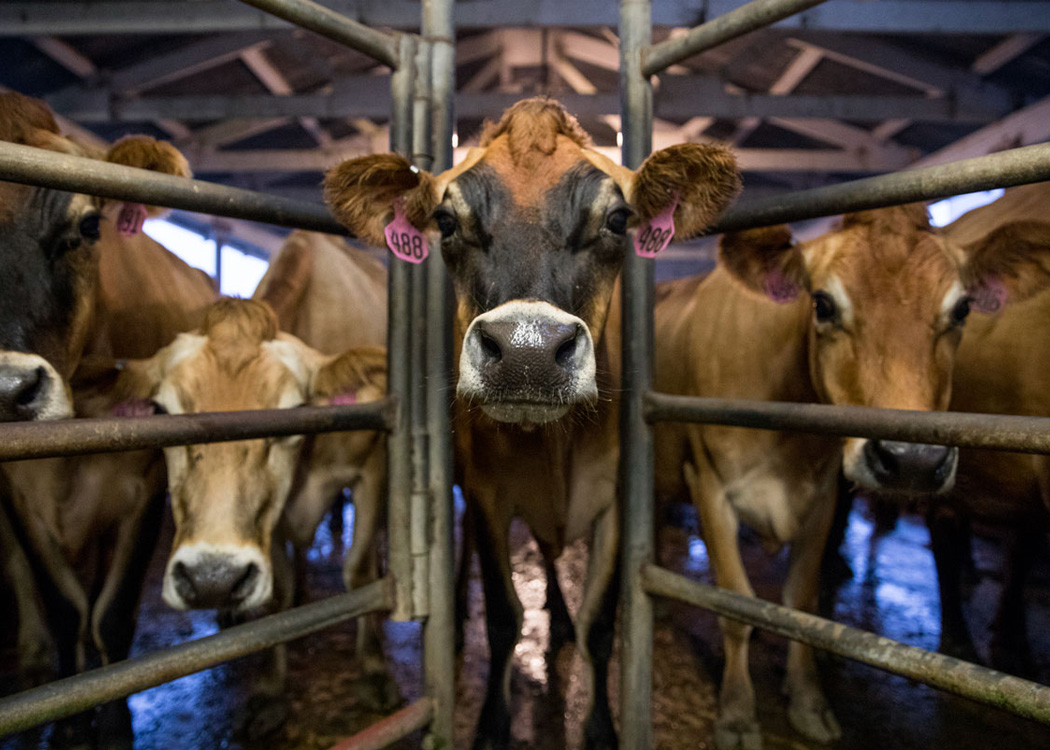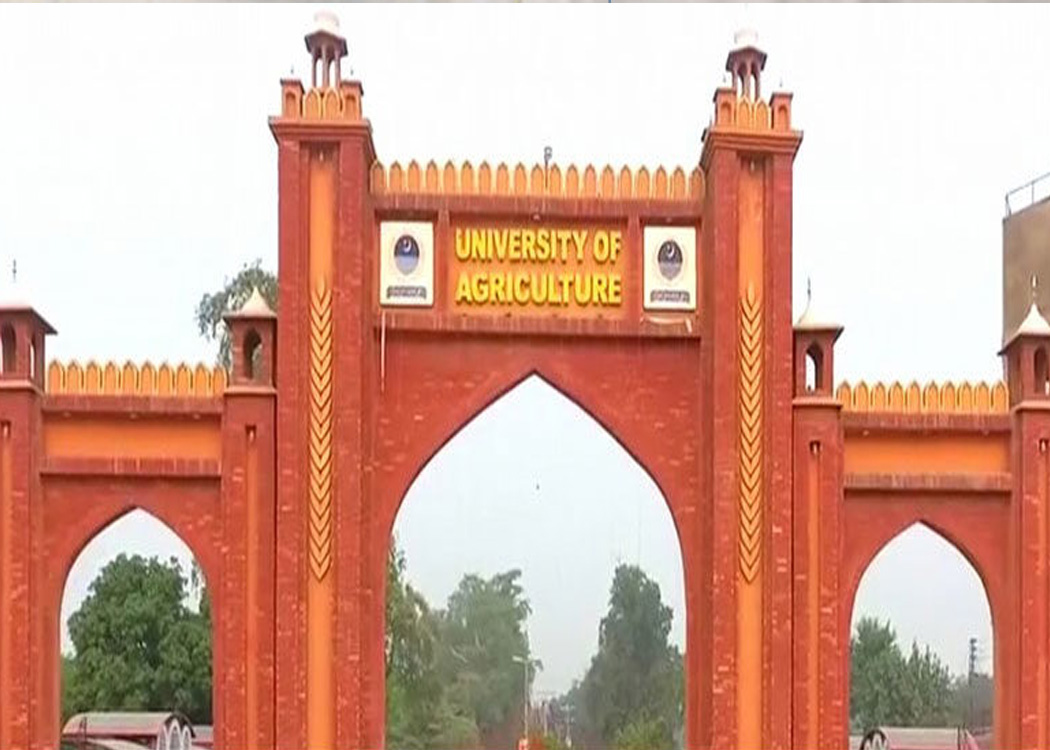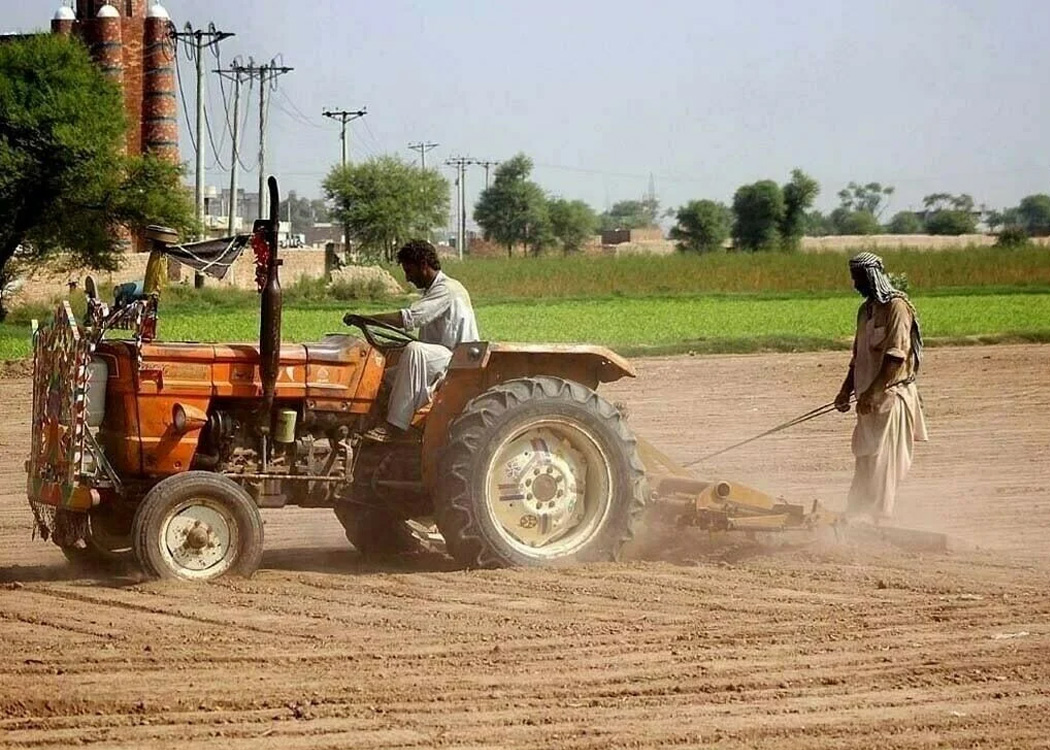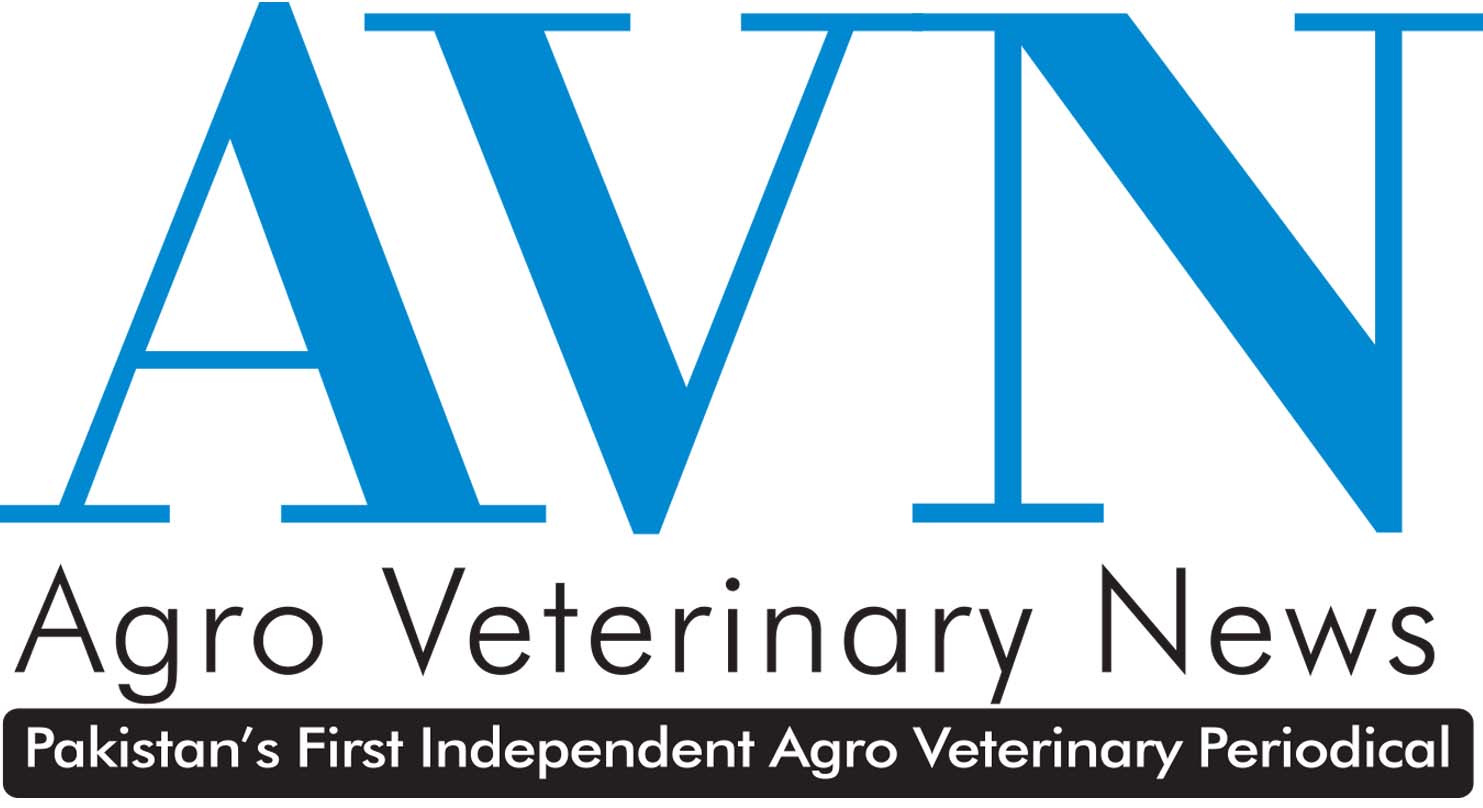In an effort to bolster the U.S. cattle industry’s defense against the ever-evolving threat of avian influenza, researchers at Purdue University are working on a groundbreaking universal influenza vaccine for cattle. This innovative vaccine is not only designed to protect against the highly pathogenic avian influenza (H5N1) but is also projected to offer protection against future viral mutations, an essential step for safeguarding the nation’s food supply.
The research, backed by a generous $301,562 grant from the Foundation for Food and Agriculture Research’s (FFAR) Rapid Outcomes from Agricultural Research (ROAR) program, will focus on developing an effective vaccine that can mitigate the risk of H5N1 infection in cattle, which, despite recent declines in cases, continues to sporadically surface in dairy herds across the U.S.
As of July 2025, H5N1 has been detected in 1,075 herds across 17 U.S. states, with the latest confirmed outbreak occurring in a California dairy herd. This detection underscores the critical need for robust and rapidly deployable solutions to protect the U.S. dairy industry, farmers, and consumers from the damaging effects of the disease.
“The threat of avian influenza in dairy cattle not only poses a risk to animal health but also to the livelihoods of farmers and the broader agricultural economy,” said Miriam Martin, PhD, FFAR’s scientific program manager. “This grant will provide urgently needed resources to protect both animal health and the food supply chain.”
Led by Suresh K. Mittal, DVM, PhD, a distinguished professor of virology at Purdue, the project will leverage existing research on influenza A viruses and bovine adenoviral vaccine platforms to create a versatile vaccine. The researchers will also explore different vaccine delivery methods, including intranasal and intramuscular options, to determine the most effective way to administer the vaccine to cattle.
“This vector system is universal, meaning it can be used for any agent and any host,” Mittal explained. “The research outcomes will result in an effective H5N1 vaccine for cattle that can adapt to future viral mutations.”
Purdue’s research team will collaborate with experts in food animal production and poultry medicine, including Rafael C. Neves, DVM, PhD, and Ekramy Sayedahmed, BVM, PhD, to ensure the vaccine is as effective as possible in preventing the spread of H5N1 among cattle populations.
In addition to Purdue’s efforts, Genvax Technologies, a startup based in Iowa, has also received a grant from FFAR to develop an H5N1 vaccine for cattle. With its focus on mRNA/nanoparticle-based vaccines, Genvax is also working to create diagnostic tools to distinguish between vaccinated and infected cattle, a crucial step in controlling outbreaks.
The development of these vaccines is a vital step toward securing the future of the U.S. cattle industry, safeguarding the health of animals, and ensuring the availability of safe, affordable dairy products for consumers.






